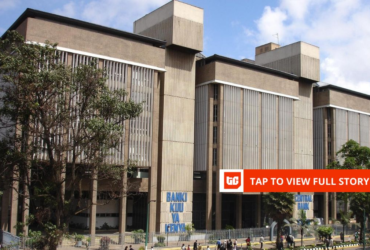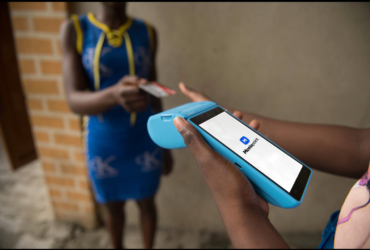
Support from alternative funding sources has been vital for the development of African startups, particularly in the evolving tech landscape of the continent.
The uncertainty in the sector has led to opportunities for experimentation, but such endeavors require financial backing. With institutional investors focusing on tech startups with established revenue streams, alternative financing has played a crucial role in supporting early-stage companies.
The recent cessation of USAID funding has had a significant impact on the startup ecosystem in Kenya, eliminating over $100 million in funding that was instrumental in scaling innovative ideas across sectors like healthcare, agriculture, and clean energy.
USAID’s Development Innovation Ventures program had provided substantial grants to numerous Kenyan startups, empowering ventures in various fields such as electric transportation, medical supplies distribution, and renewable energy solutions.
The absence of this funding poses challenges for founders, especially those in sectors with limited access to traditional venture capital. It creates a gap that may force startups into premature scaling efforts, potentially hindering the progress of Africa’s tech industry.
As entrepreneurs in Kenya navigate this new funding landscape, they may need to explore alternative financing options such as local investors, regional funds, or alternative lending models to sustain their businesses.
The departure of USAID raises questions about who will step in to support Africa’s tech ecosystem in the future, considering recent exits from other supporting entities like accelerators and tech hubs.














Leave a Reply